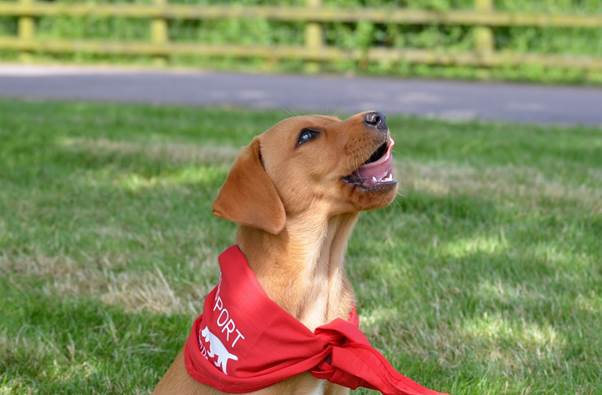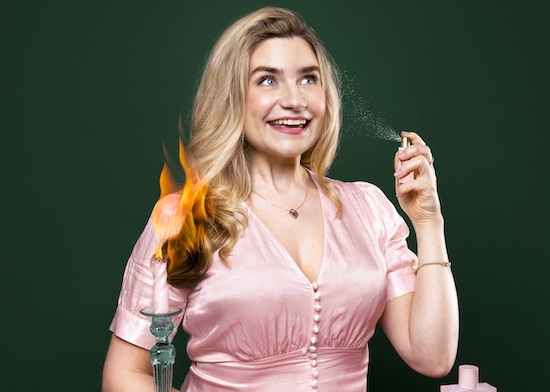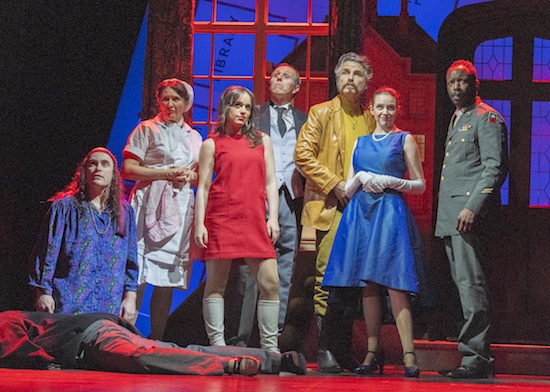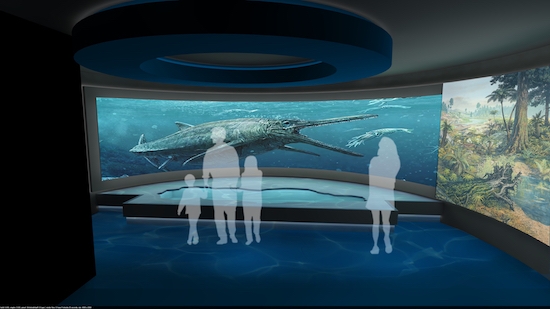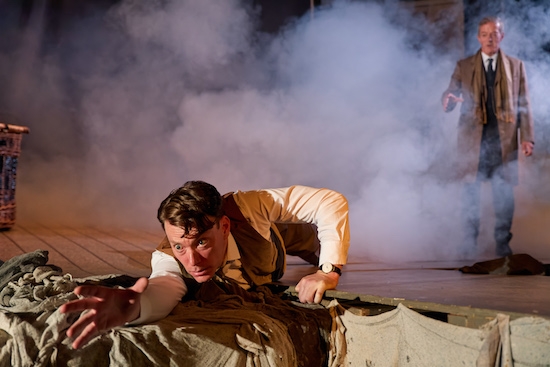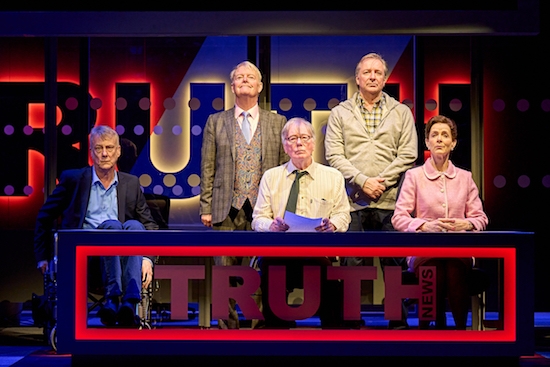The Speaker of the House of Commons, John Bercow MP,visited the Medical Detection Dogs centre in his constituency of Buckingham on Friday and praised the work of the cancer detection and long-term illness assistance charity.
“I found the work of Medical Detection Dogs absolutely outstanding," Mr Bercow said. "The charity is working on robust scientific studies into the early detection of breast and prostate cancer, which is most exciting and innovative.
“This represents scope for the future to improve the early diagnosis of cancer. I am very proud to have Medical Detection Dogs in my constituency,” he added.
The UK charity Medical Detection Dogs is the lead research organisation investigating the ability of dogs to detect the odour of volatile substances.
Started in 2008 by Dr Claire Guest, the charity has trained dogs to screen thousands of urine samples collected from volunteers since its inception.
Dr Claire Guest’s own dog Daisy was awarded a Blue Cross medal in November for her work having sniffed over 6,500 training and test samples with a detection reliability of over 90 per cent.
The charity is currently embarking on two large-scale medical trials into the detection of prostate and breast cancer using urine and breath samples respectively to provide further evidence of the dogs’ reliability.
Mr Bercow visited the bio-detection laboratory where dogs Jobi and Kizzy demonstrated their work.
The MP also met Carolyn Gatenby and her dog Simba. Carolyn benefits from the work of the second arm of the charity, which trains dogs to support individuals with long term illnesses.
Carolyn suffers from highly unstable Type 1 Diabetes and experiences frequent dangerous low blood glucose levels. Her condition is all the more life threatening as she has no warning symptoms at all of when her blood glucose levels run too low or too high.
Black Labrador Simba was trained by MDD. He is able to alert her to dropping and raised blood glucose levels, by picking up on an odour change undetectable to humans.
The charity receives no government funding and relies upon donations from the public.
Dr Guest commented: “I am very grateful to Mr Bercow to coming to see us at the centre and for understanding the importance of our work.
“Early cancer diagnosis is particularly poor in the UK. Statistics released last week show that 25 per cent of cancer diagnoses are made too late.
“This situation needs urgently to be addressed to reduce the 160,000 deaths a year caused by cancer. The earlier we can diagnose cancer, the better chance patients have of defeating it in time.
“Our aim at Medical Detection Dogs is to expand our operation to the extent that we can provide reliable, non-invasive secondary screening to people throughout the country.
“Currently the UK is trailing the rest of Europe in terms of early diagnosis, but we could be a world leader if we have the courage to embrace the enormous potential of this time-old technology.”
Learn more about Medical Detection Dogs by visiting www.medicaldetectiondogs.org.uk


